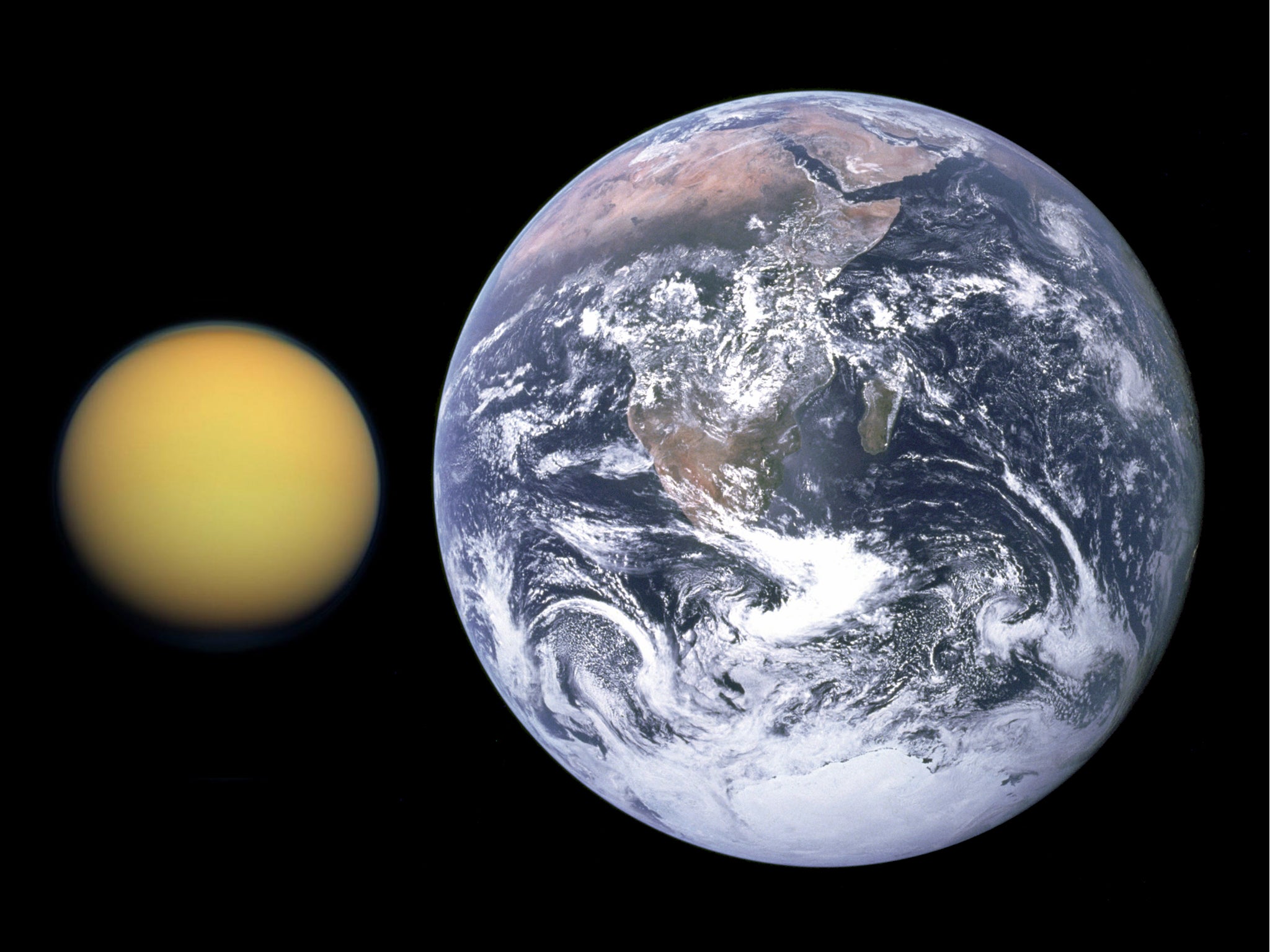Artificial intelligence will help predict alien life on other planets
Researchers at Plymouth University trained neural networks to recognise extraterrestrial life

Artificial intelligence could soon help scientists determine whether other planets harbour alien life.
Researchers from Plymouth University’s Centre for Robotics and Neural Systems used artificial neural networks (ANNs), which use similar learning techniques to the human brain, in order to estimate the probability of extraterrestrial life on other worlds.
They hope that the technology will be used aboard robotic spacecraft on alien-hunting space missions.
“We’re currently interested in these ANNs for prioritising exploration for a hypothetical, intelligent, interstellar spacecraft scanning an exoplanet system at range,” said Christopher Bishop, a PhD student at Plymouth University who led the study.
Meet Alma, the alien hunting telescope that can see 12 billion years into the past
Show all 2“We’re also looking at the use of large area, deployable, planar Fresnel antennas to get data back to Earth from an interstellar probe at large distances. This would be needed if the technology us used in robotic spacecraft in the future.”
The AI system works by classifying planets into five different types, determined by whether they are most similar to modern-day Earth, early Earth, Mars, Venus or Saturn’s moon Titan.
Once a planet has been classified, the neural network uses a “probability of life” metric based on the profile of the five target types.
Upcoming space missions that could make use of the technology include NASA’s upcoming exoplanet-finding TESS spacecraft and the European Space Agency’s Ariel Space Mission.
Both missions will gather vast amounts of data, which Plymouth University’s ANNs could analyze for signs of life.
“Given the results so far, this method may prove to be extremely useful for categorising different types of exoplanets using results from ground-based and near Earth observatories,” said Professor Angelo Cangelosi from the university’s faculty of science and engineering, who supervised the study.
The findings are set to be presented in Liverpool at the European Week of Astronomy and Space Science on Wednesday, 4 April.
Subscribe to Independent Premium to bookmark this article
Want to bookmark your favourite articles and stories to read or reference later? Start your Independent Premium subscription today.

Join our commenting forum
Join thought-provoking conversations, follow other Independent readers and see their replies